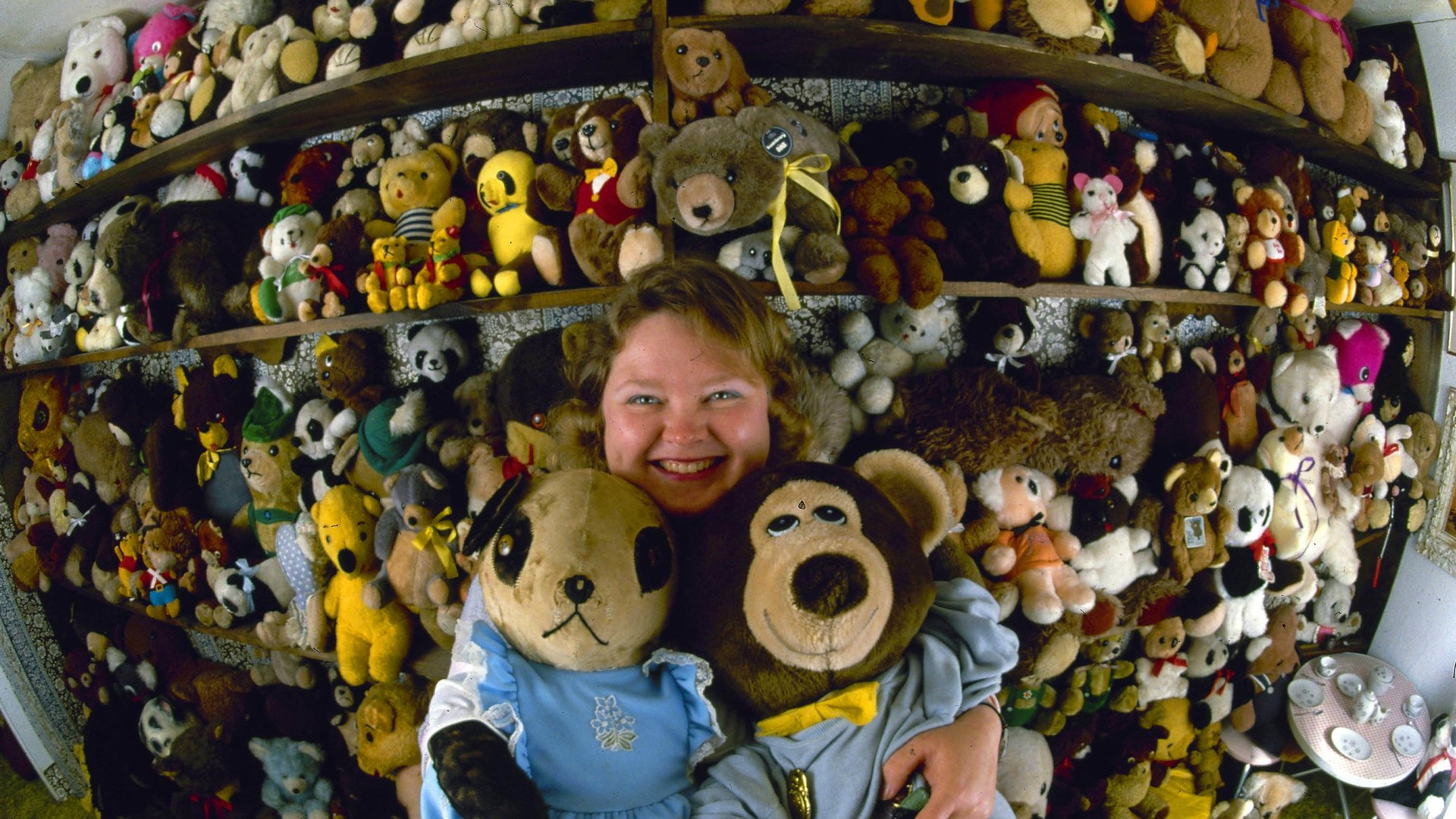If reducing clutter makes you feel better, why does throwing things away feel so awful?
The decluttering movement is gaining momentum, with more and more people downsizing their material possessions to jettison the literal and figurative baggage they are carrying around in their lives. There’s good science behind the effort: too much clutter can be debilitating, creating a sense of noise that limits people’s ability to focus and process information.


The decluttering movement is gaining momentum, with more and more people downsizing their material possessions to jettison the literal and figurative baggage they are carrying around in their lives. There’s good science behind the effort: too much clutter can be debilitating, creating a sense of noise that limits people’s ability to focus and process information.
Those that haven’t yet fallen under the spell of Marie Kondo probably are holding back for one pretty big reason: that gut-wrenching moment when you have to actively choose to part with one thing or another. Even those who have fully embraced the art of tidying up likely feel it from time to time.
It makes sense. Things are rarely just things.
Our tendency to accumulate stuff comes from a natural instinct to hoard food to prepare for hard times ahead, as well as to attract mates with the bounty. And even today, collections are intimately bound up with feelings of safety: attachment to one’s home and possessions have been linked to a stronger sense of security and psychological well-being.
These days, those collections have grown to take on even more meaning, becoming extensions and expressions of ourselves. Studies show that looking at objects we call “mine” activate the same parts of the brain as using adjectives to describe ourselves. Through our possessions we show loyalty—to favorite sports team or bands, for instance—and membership of a tribe. They give a sense of identity and control, and thus mental satisfaction. As we acquire, we endow the things we own with these ephemeral values, which in turn helps reinforce our identity.
Just touching an object can be enough to form a bond, and the longer we hold onto something the more value we assign to it. Researchers found after volunteers handled coffee mugs prior to taking part in an auction, those that held the mugs for a long time were willing to pay 60% more for the same cups than others who’d held them for shorter.
Our sense of who owns an object manifests as early as two years of age (pdf), and the value generated by assigning ownership to objects is so strong that we read in them the essence of the owner. It’s the sort of thing that turns a watch into a family heirloom, and makes a dead celebrity’s dumb snowglobe an object of worship. Or, for example, what keeps parents from getting rid of their grown kids’ childhood possessions. If I’m so heartless with such precious objects, what does that say about me?
People feel a responsibility for things because we impose human traits and memories on these objects. In a 2012 study, University of Miami psychologist Kiara Timpano spoke with a number of hoarders in an effort to understand why they’d hold on to things to the point where the sheer volume of stuff made their living space uninhabitable, causing distress and anxiety. The hoarders felt they had to take care of their items, felt lonely without them, and if they absolutely had to part with them, wanted to find them a good home. Toy Story was on to something, Timpano told The Atlantic.
“We become attached to things, not people; I say, to relics not relationships,” Joseph Ferrari, a professor of psychology at DePaul University, told Quartz. “Not all objects, but some things we hold onto because it recalls some value we spent, some event from the past, some person we recall.”
His Kondo-like advice is to keep only things you really need or that hold major sentimental value, and give the rest to others while you are alive so you can see the joy it brings them. “Take what the past taught you and move forward,” says Ferrari, “We are not defined by our stuff, but in our service to others.”
We at Quartz are insatiably curious. We bring you the best timely research in science and technology, but in Funny you should ask, we’ll tackle timeless questions. If you have some, submit them here.